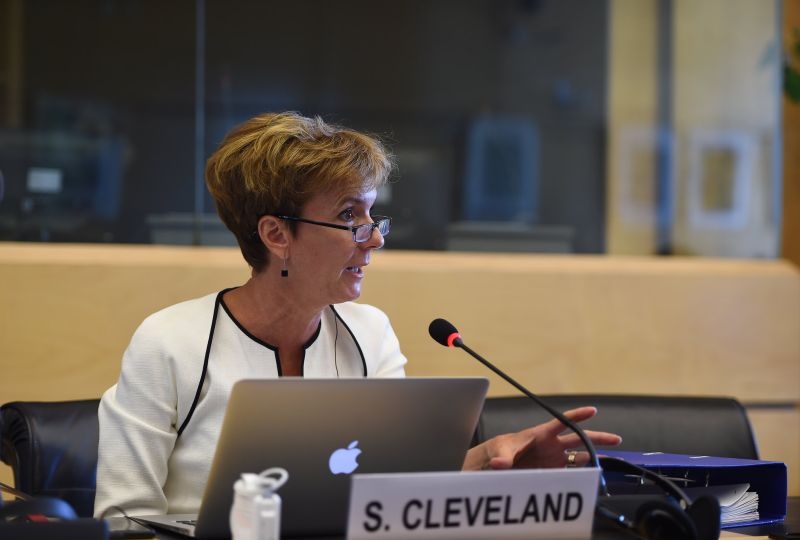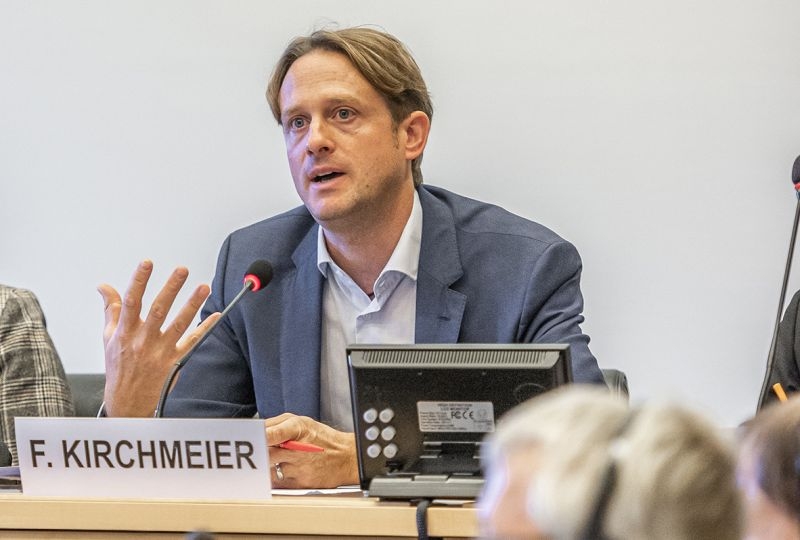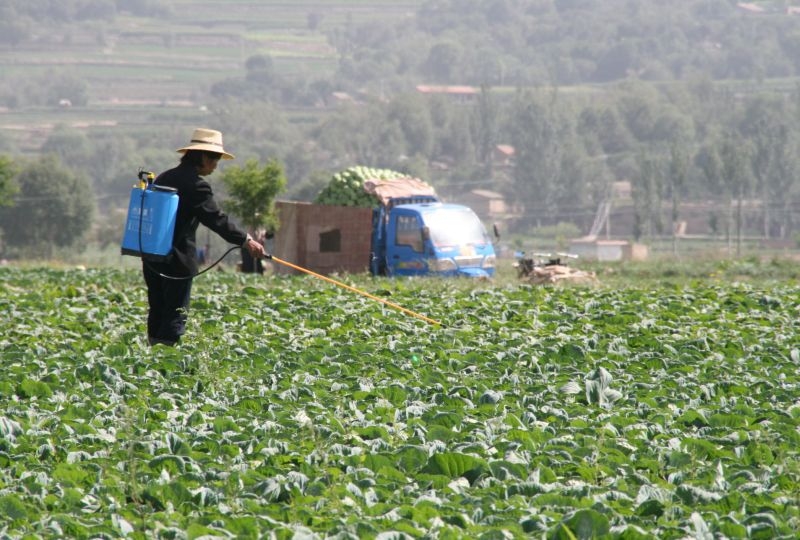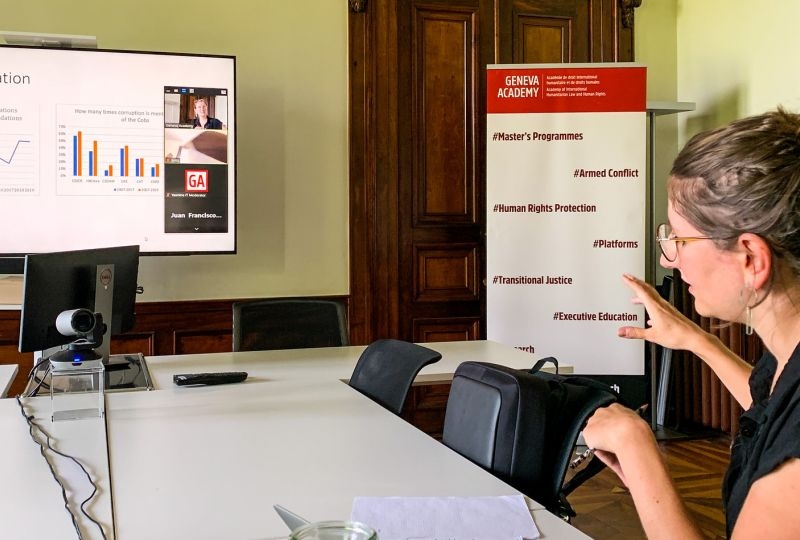The online meetings of the TBMP showed both the limits of virtual informal exchanges, but also their potential. More participants could join than in face-to-face meetings, where participation is usually restricted to the TBs members who are in session in Geneva.
‘These online meetings allowed us to have, each time, the 10 TBs represented. The interpretation features and other technical means to increase the accessibility of the discussions also went beyond what we can usually offer at Villa Moynier’ explains Felix Kirchmeier.
‘In 2021, we hope to be able to welcome TBs members again in person in Geneva, but the first part of the year will probably be fully online. In any case, we will build on the positive aspects and developments we experimented during 2020 and the expertise we developed in organizing large online meetings’ he adds.














